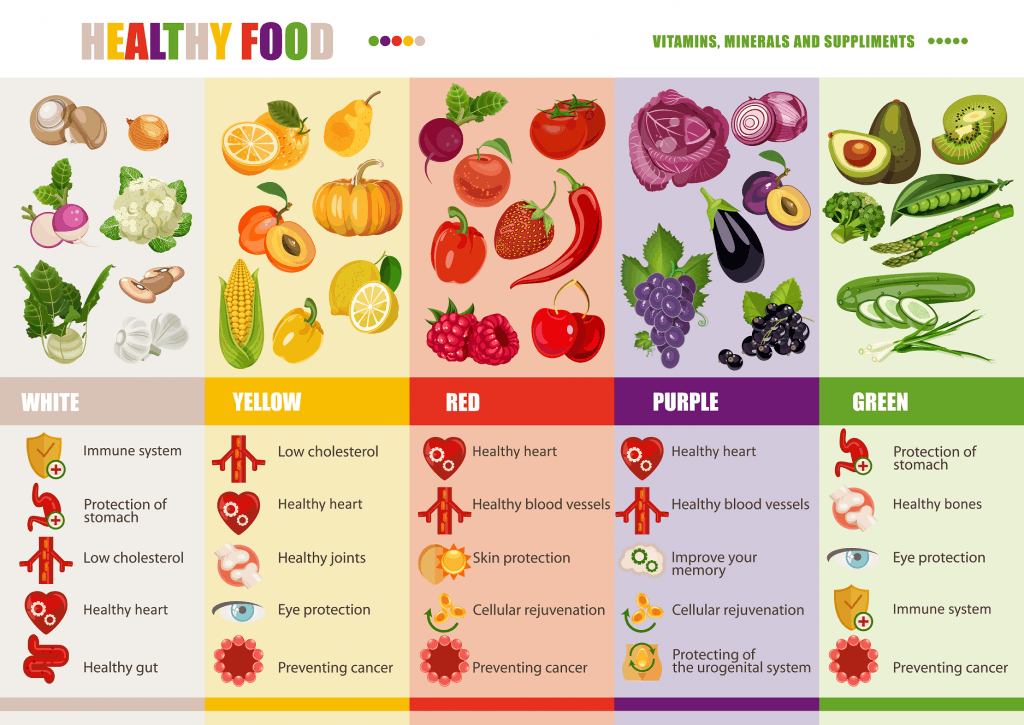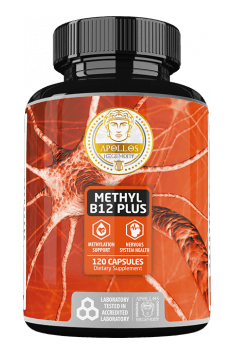Is a vegetarian or vegan diet suitable for the senior? Vegetarianism and veganism belong to the group of restrictive diet, albeit restrictive and requiring very high awareness of the needs of your organism. Can the elimination of animal products from the senior’s diet have a negative impact on their health?
- The popularity of the vegan diet among seniors
- Vegetarianism and veganism in seniors - is it healthy?
- Vegetarian and vegan diet for the senior - rules. What can you eat on a vegetarian diet?
- Protein-rich foods allowed on a vegetarian and vegan diet
- Vegan sources of vitamins and minerals necessary for seniors
The popularity of the vegan diet among seniors
Vegetarianism and veganism are not a common diet among seniors. There are very few statistics on this subject. In the United States, 1.8% of people over 65 use a vegetarian diet.
Vegetarianism and veganism in seniors - is it healthy?
Vegetarianism and veganism belong to healthy diets, albeit restrictive and requiring very high awareness of the needs of your body. Particularly restrictive is the vegan diet, in which only vegetables, fruits, legumes, cereals, vegetable oils and nuts can be consumed.
Vegetarian and vegan diets can have many health benefits because it is based on vegetables. At the same time, it is difficult to compose it so that it provides the right amount of protein, vitamins and minerals for older people. When using a vegan or vegetarian diet, vitamin B12 supplementation is highly recommended, because it can be found only in animal products.
The caloric demand of seniors decreases with age. Hence, a vegetarian or vegan diet may be a good idea, because due to the elimination of animal products, it is less energetic than the standard diet. At the same time, the large amounts of fibre it provides can be a problem for seniors whose digestive systems work less efficiently. Excess fibre can cause bloating, stomach aches and a feeling of heaviness.
Vegetable diet can also be problematic because of the difficulty in chewing hard vegetables and fruits. Then it’s worth betting on soups, purees and cocktails.

Vegetarian and vegan diet for the senior - rules. What can you eat on a vegetarian diet?
Vegetarian and vegan diets are deficient in protein, vitamin B12 and vitamin D. That issue has to have special attention to it because of the dietary requirements for protein, vitamin A, vitamin C, vitamin E, vitamin D and vitamin K and beta-carotene which increase in the elderly.
Attention should also get the need of seniors for zinc, iron and calcium. The problem with zinc on a vegetarian diet is associated with its malabsorption, which is associated with a large proportion of phytic acid in the plant diet. Covering the needs of older people for these minerals with a vegetarian or vegan diet may be difficult.

Protein in the senior’s diet is especially important because the muscle mass decreases with age (by 3-5% every 10 years starting from around 30 years of age), and a protein-rich diet helps maintain its amount. The right amount of muscle mass allows you to maintain your metabolic rate at a satisfactory level, increases physical fitness and the ability to perform daily activities.
Studies show that a senior diet containing more than 1 g protein per kg body weight is much more effective for maintaining muscle mass and overall physical activity than a diet containing 0.8 g protein per kg body weight, i.e. the amount resulting from the population’s nutrition standards.
Protein-rich foods allowed on a vegetarian and vegan diet
Vitamin B12 in a highly absorbable form can only be found in animal food, which is why it is necessary to supplement it on a vegetarian and vegan diet.
Vitamin D and K supplementation are also necessary. Both are necessary, among others for maintaining strong bones. Vitamin K can be found in leafy green vegetables, but its amounts may not be sufficient for seniors.
Vegan sources of vitamins and minerals necessary for seniors
Vegetarian diet in the common understanding is a diet in which you do not eat meat and fish, but eat eggs and dairy products. In addition to meat and fish, the vegan diet also excludes eggs and dairy products. A vegan diet is a way of eating in which only plant foods are allowed.
It is estimated that there are currently 375 million vegetarians in the world. The number of people on a vegetarian diet varies greatly depending on the country. In Europe, on average, every 10 citizen is vegetarian.






